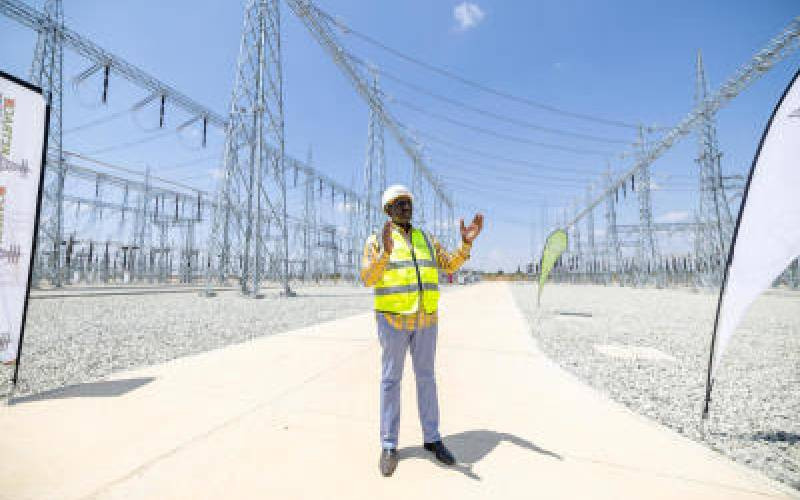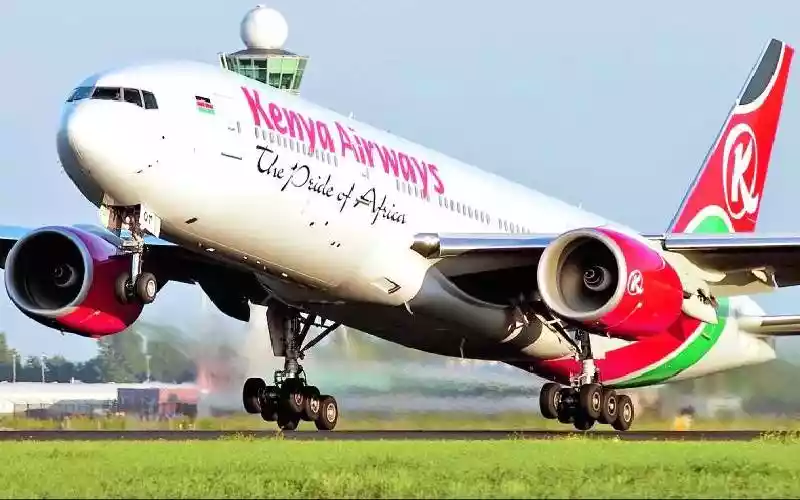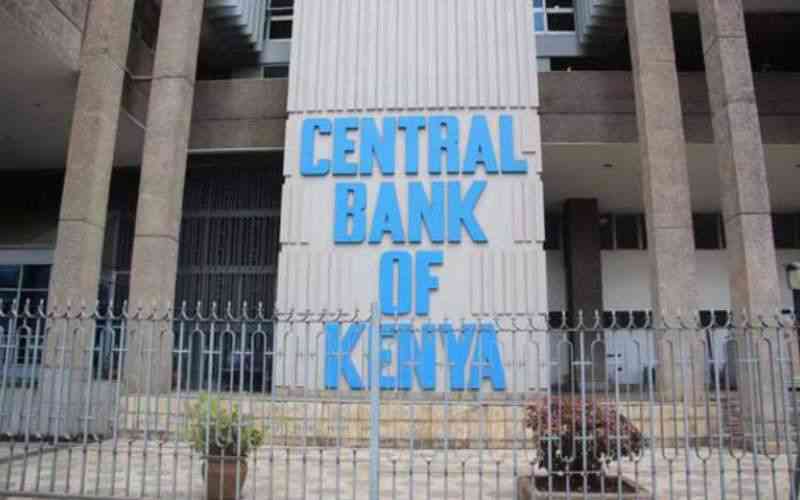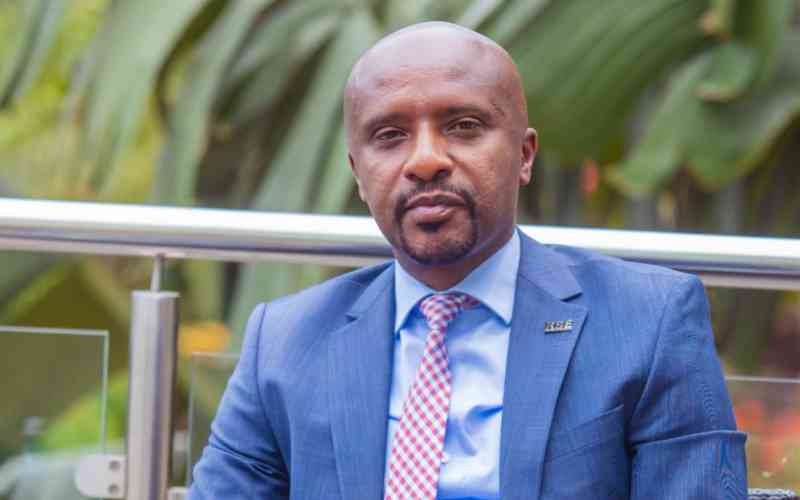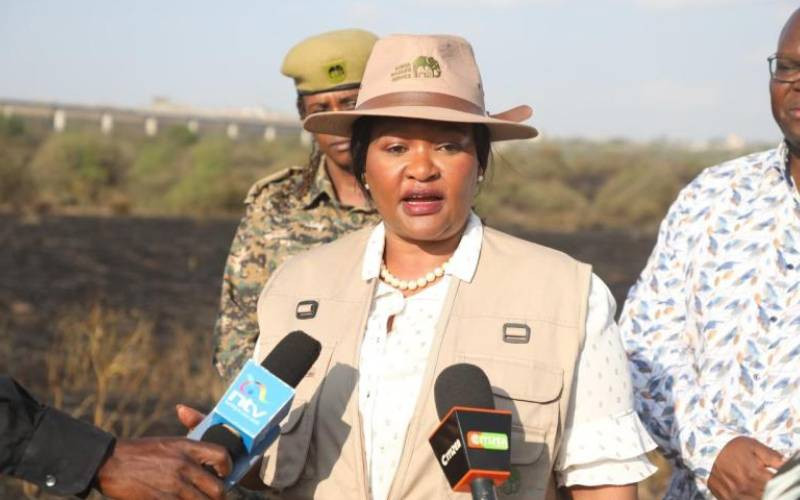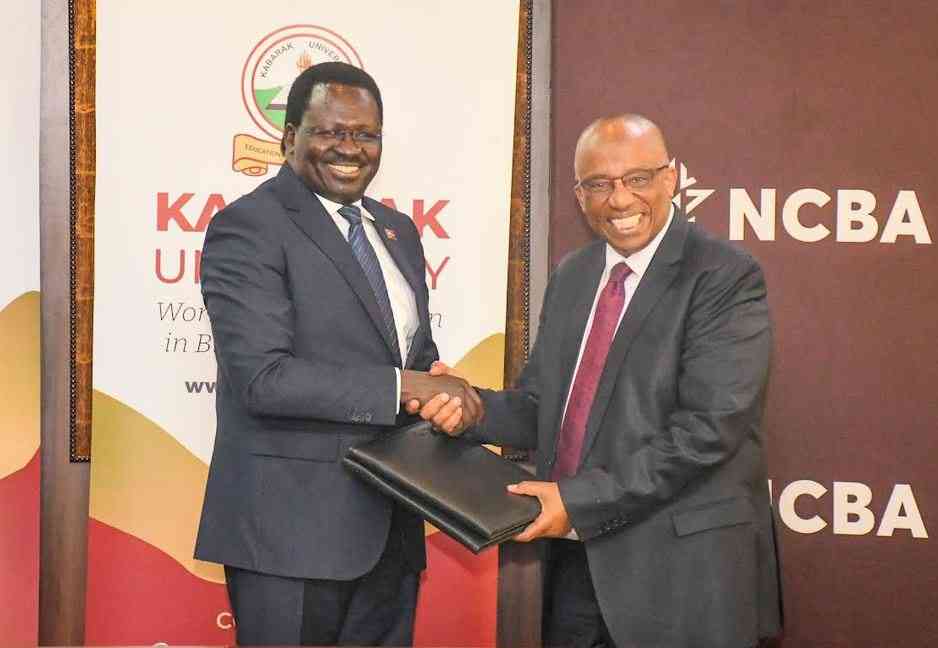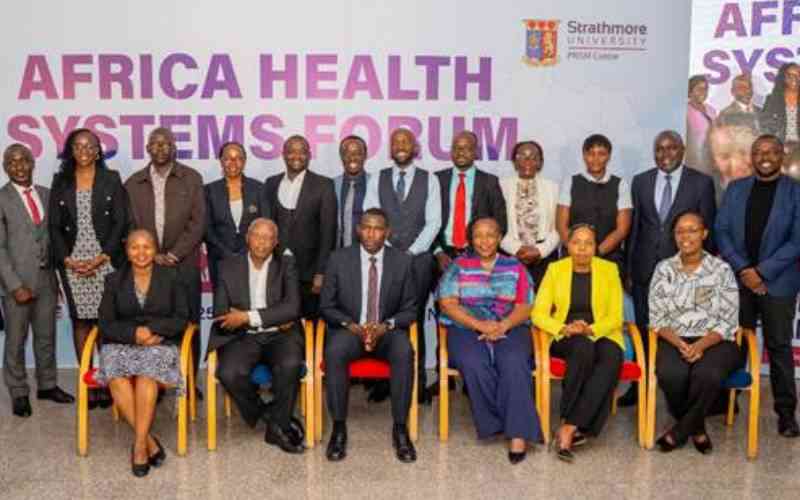
Kenya and regional health leaders attend the Africa Health Systems Forum at Strathmore Business School, Nairobi, discussing sustainable health financing and resilience.
As donor funding for major health programs in Africa declines, policymakers and health experts are calling for self-reliance, driven by domestic resource mobilisation and stronger multi-sector partnerships.
At the Africa Health Systems Forum held this week at Strathmore Business School in Nairobi and supported by the Gates Foundation, stakeholders discussed how to sustain health gains amid sharp cuts in international aid and shifting global priorities.
The discussions come as global health financing faces renewed uncertainty following further cuts by US President Donald Trump to multilateral institutions, including the World Health Organisation, United Nations agencies, and USAID.
The reductions have led to the closure of humanitarian and health programs in southern Africa and threatened PEPFAR, raising alarm across a continent where many health systems remain donor-dependent.
Analysts warn that withdrawing US HIV and AIDS funding could lead to as many as 500,000 preventable deaths in South Africa and undermine maternal and child health programs across the region.
The cuts, combined with donor fatigue and declining trust in aid institutions, have amplified calls for African countries to adopt sustainable, country-led financing mechanisms.
Under the theme ‘Resilience in Transition: The Case for Sustainable Health Financing and Africa’s Way Forward,’ the forum looked at how countries can protect hard-won health gains by investing in local innovation, data-driven decision-making and efficient financing models.
Medical Services Principal Secretary Ouma Oluga said Kenya must build predictable and accountable health financing systems rooted in domestic resources.
“Many people don’t appreciate the input of health in driving economies through productive populations and reduced lost man-hours. It’s not just about the money we put into health, it’s about the opportunity cost of poor health,” noted Oluga.
He said the government is reforming financing through the new Social Health Authority, which combines tax and insurance contributions to create a more reliable funding pool. Kenya is also rolling out an accountability framework that links community health to financing systems.
“If you look at health as an economic imperative, then you begin to see the opportunity cost of failing to invest in it,” he said.
“Community health is under government allocation. Commodities dispensed by community health workers through their link facilities will now be refunded through social insurance mechanisms.”
He added that activity-based costing is being institutionalized to ensure transparency and real-time costing.
Stay informed. Subscribe to our newsletter
Presidential Advisor on Health Financing Dr Daniel Mwai also noted community health financing must draw from diverse channels, including social insurance, government allocations, and voluntary schemes.
“There is a full architecture for financing the community health system and building a robust referral chain up to level six,” he said, explaining that documentation and accountability are key to the rollout.
Strathmore Business School Dean Caesar Mwangi said the donor cuts underscore the urgency of rethinking how Africa will fund its health systems.
“As global priorities shift, donor fatigue sets in and resources diminish, we must rethink how Africa will fund health and sustain health gains. The time to act is now,” said Mwangi.
On his part, Kenya Healthcare Federation Chairman Kanyenje Gakombe called for renewed trust between the public and private sectors to unlock efficiencies and attract investment. “Trust is a very important form of capital we need right now. Capital is shy, and business likes predictability. Without trust, we cannot unlock the efficiency gains needed to strengthen our health systems.”
Experts further noted that while Africa must lead in raising domestic resources, continued donor engagement remains crucial. Institutions such as Gavi and the Global Fund, due for replenishment in November 2025, remain critical to progress in HIV, TB, malaria and immunisation programs.
“Delivering health care goes beyond money,” he said. “The continent has resources, institutions, and innovation that must be used more effectively. As we speak of health sovereignty, let ‘sovereign’ truly mean something for Africa’s quest for better health care,” averred VillageReach President Ahmed Ogwell.
The forum brought together leaders from the Ministry of Health, Council of Governors, Kenya Healthcare Federation, World Bank, Jhpiego, KEMRI, NASCOP, the National Syndemic Disease Control Council and the Gates Foundation, among others.
